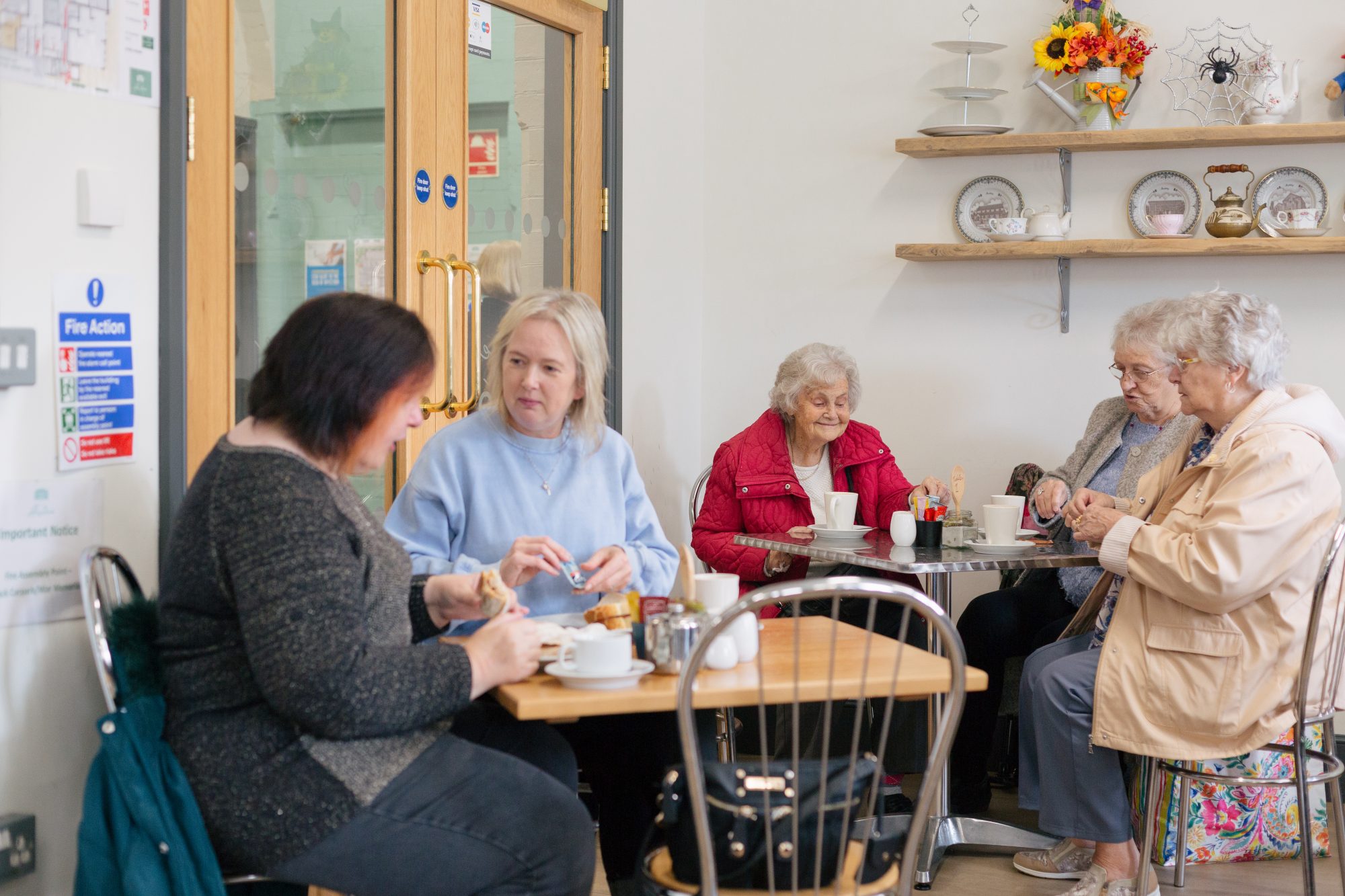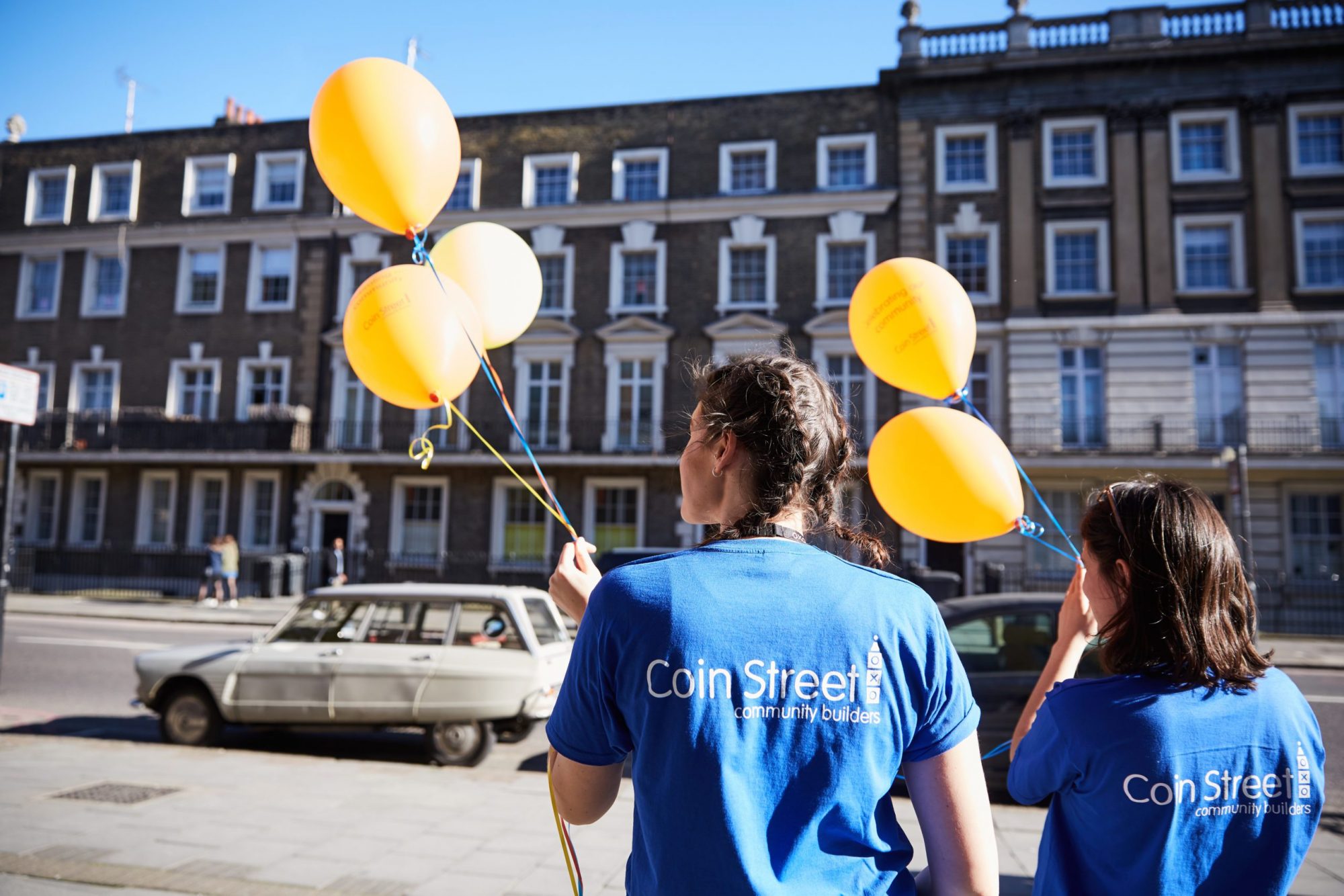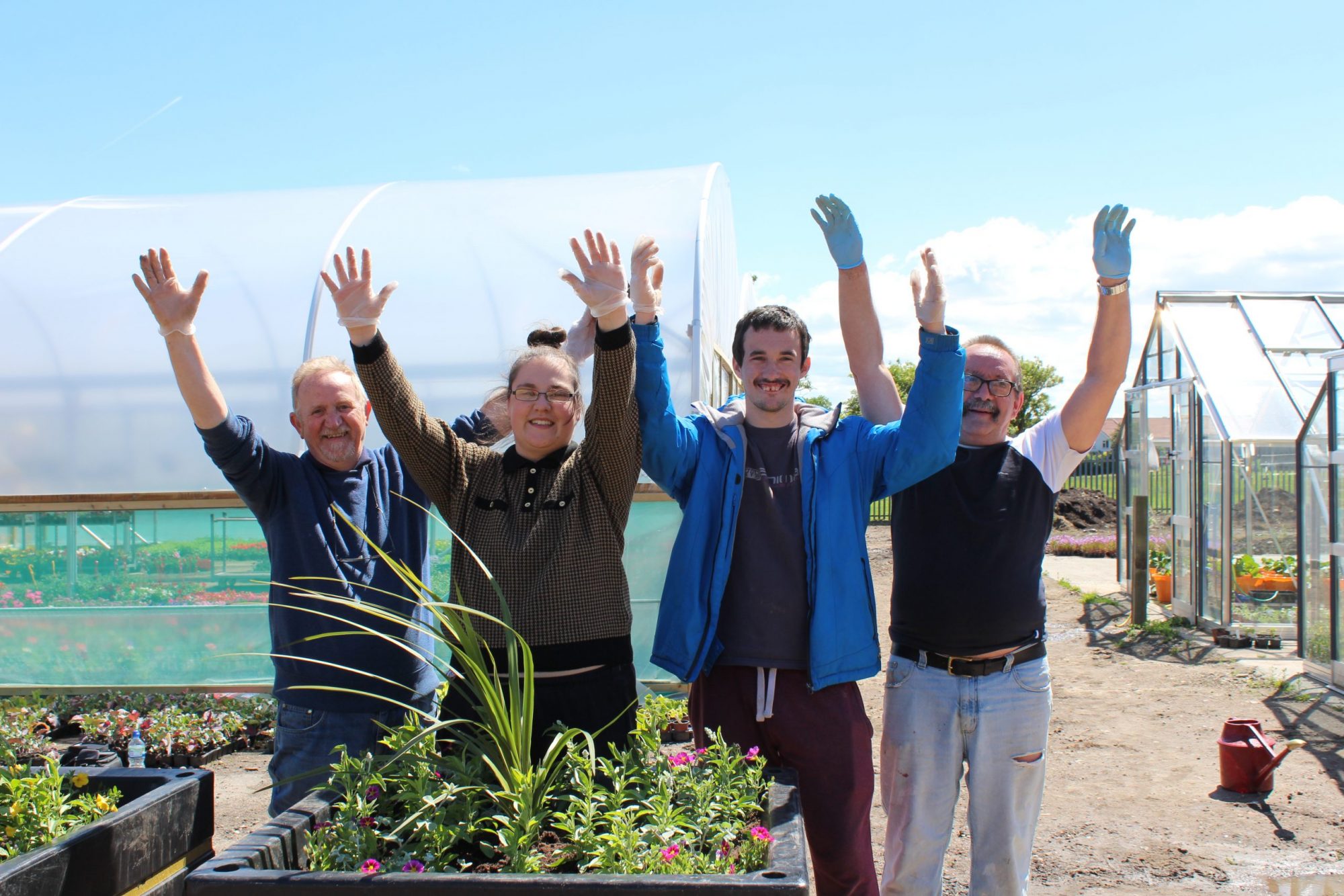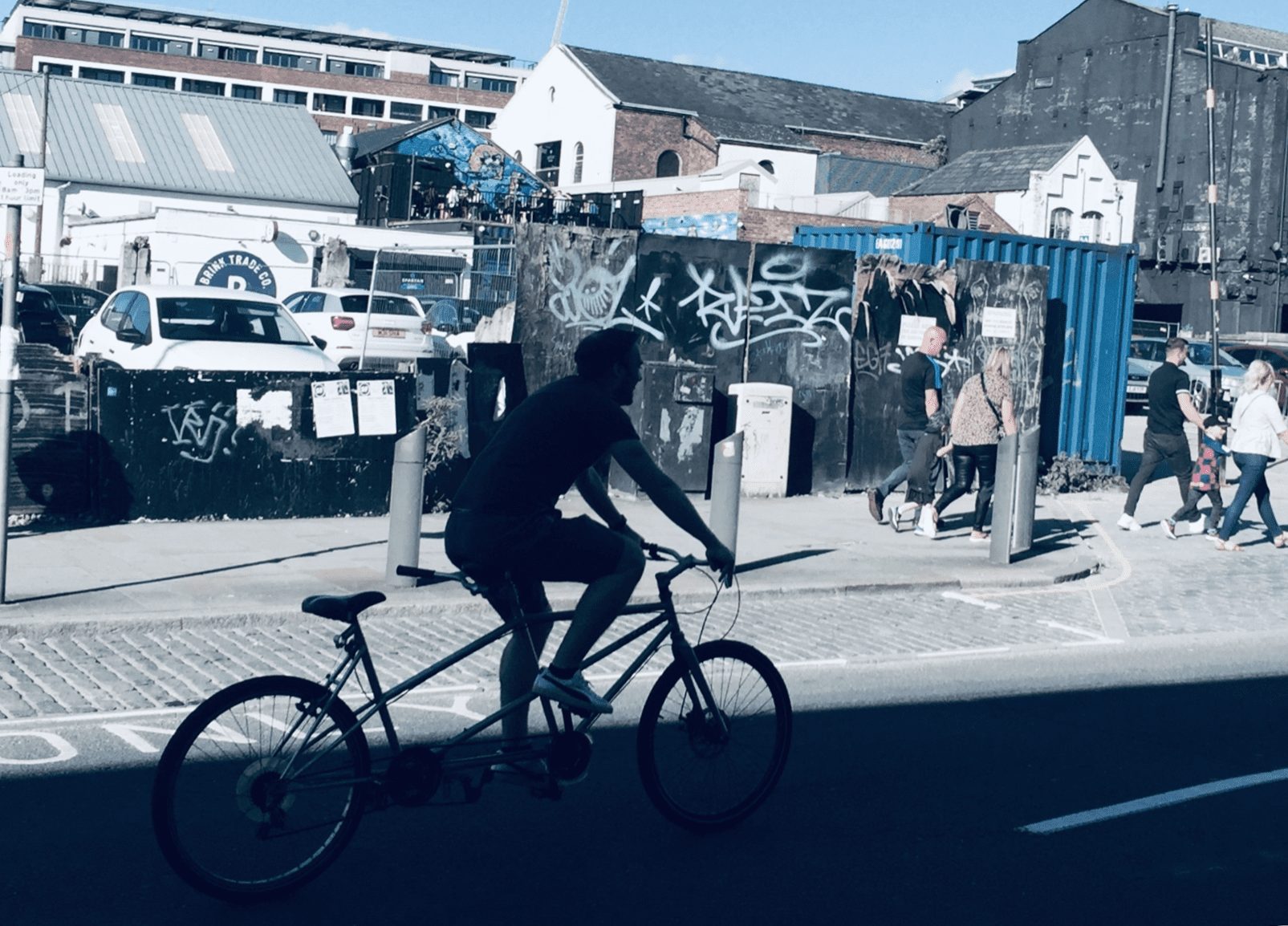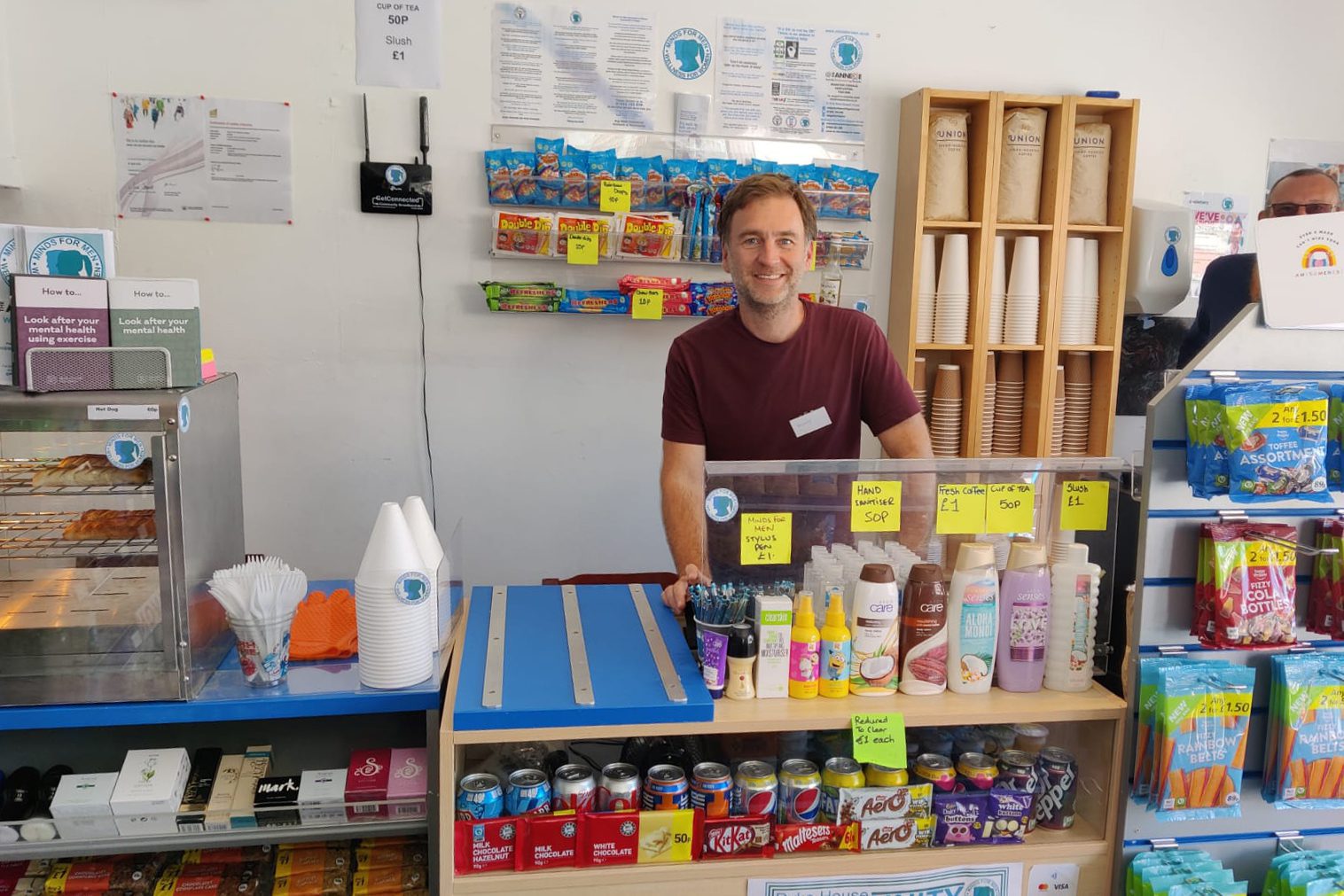“It’s brought the whole centre of Madeley back to life,” says June Campbell, Secretary of Anstice Community Trust. “There wasn’t a lot to do socially or culturally before.”
The Anstice has a rich history. Opened in 1870 as a social club for the people of the area, during its heyday the ballroom was renowned and celebrated as having the best sprung floor outside of Blackpool, holding packed out dances and concerts frequently. However, by 2014 the popularity of working men’s clubs had waned and the Grade II listed building went into liquidation.
However, the local community came to its rescue. “There was a tremendous amount of support for it when it was at risk,” says Campbell. “There was this huge upswell of support. Local people immediately started a passionate Save the Anstice campaign, attracting over 900 Facebook supporters in two weeks and lobbying local Councillors for support.”
It was a campaign started by three local women; a somewhat ironic evolution of the building’s history given the club didn’t allow women to become members prior to its closure. When the Anstice was bought by Madeley Town Council, who worked with the Anstice Community Trust to renovate the building, making it a fully inclusive place to all of the community was a priority. “The aspiration has always been to put the Anstice back in the heart of Madeley,” says Campbell. “To make it a welcoming and safe space for everyone.”
The building is of particular importance to the residents of the local community because when Telford was created as a new town in the 1960s and 70s, some felt a degree of displacement and a loss of identity. “Some of the older people have told us stories from that time about compulsory purchase orders and how Telford got created with minimum consultation,” says Campbell. “That it was something that was done to them. So the Anstice was like the last remnant of old Madeley and people wanted to fight for it.”
After a refurbishment, everyone is now able to use the beautiful ballroom, they’ve introduced a café and meeting space, as well as reinstated Madeley Library. The range of events and classes held at the Anstice is vast: Ballroom dancing, youth clubs, computer clubs, tai chi, yoga, line dancing, film screenings, bingo, and live concerts. “After eight years, a lot of ups and downs, trauma, grief, misery and happiness, we’re here,” says Campbell, who had to close the building just weeks after opening when the pandemic hit. “We get about 800 people a week through the doors and we’re still operating at a reduced capacity due to Covid. Plus 350 coming to the cafe.”
It’s also providing something vital to the local area and people, giving them something to feel proud of and attached to in an area that has often been underserved. “We are in the top 10 most deprived areas in the country but it’s a tightly-knit community,” says Campbell. “We get a lot of support. Quite simply, If the whole community hadn’t been up for saving this place, it wouldn’t have happened. They feel that they own the Anstice. It’s their building.”
